Why Families Trust Paradigm Treatment
Choosing a residential treatment center for your teen can feel overwhelming — but you don’t have to face it alone. At Paradigm Treatment, we provide intensive clinical care in a supportive, structured environment that combines therapeutic expertise, experiential programming, and family involvement. Our team is here to walk alongside you, offering guidance and reassurance as your teen begins building the foundation for lasting healing and resilience.

Unmatched Clinical Intensity
Our program delivers four individual therapy sessions weekly alongside daily group therapy, family work, and psychiatric care—an unparalleled level of clinical attention in residential treatment.

Comprehensive Care Model
We integrate evidence-based therapies with experiential modalities to create a complete healing experience addressing all aspects of recovery: cognitive, emotional, and physical.

Individualized Care Plans
Each client receives a personalized treatment plan tailored to their specific needs. We build upon each client’s existing talents and interests rather than focusing on deficits

Safe, Supportive Environment
Treatment occurs in welcoming residential homes surrounded by nature’s beauty where clients disconnect from daily distractions and engage in therapeutic activities enhanced by nature’s restorative qualities.

Family Involvement
Weekly family therapy and parent coaching equip families with communication tools and healthy interaction patterns that support growth long after the program is completed.

Root-Cause Treatment Philosophy
We address the underlying emotional and psychological issues driving behaviors rather than simply managing symptoms, empowering lasting recovery through genuine self-awareness.
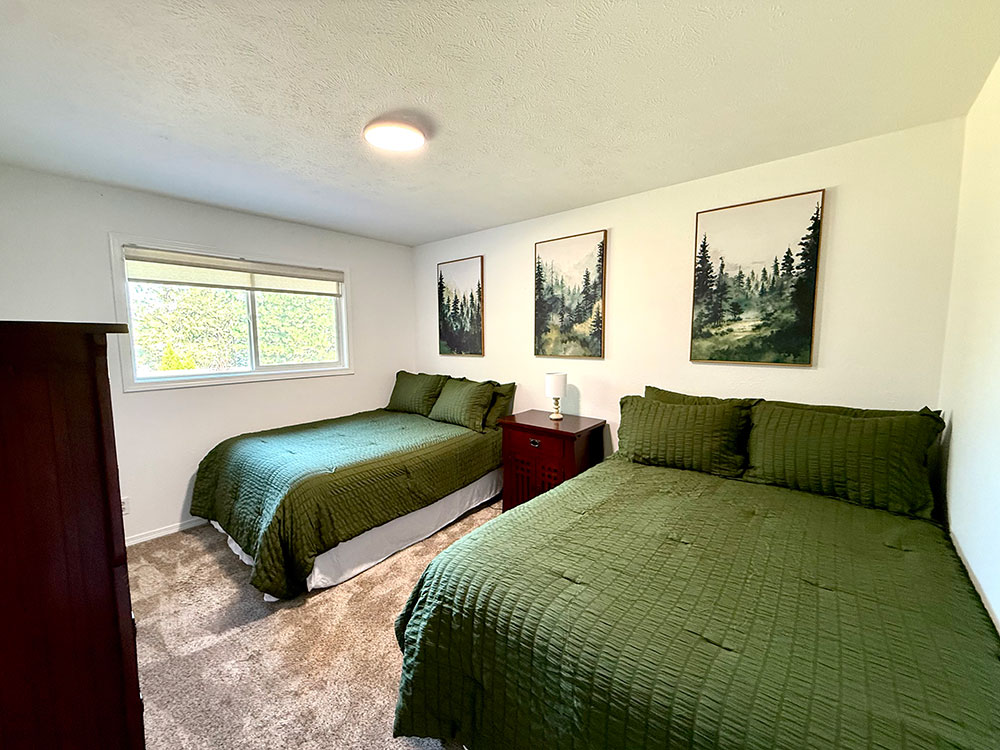
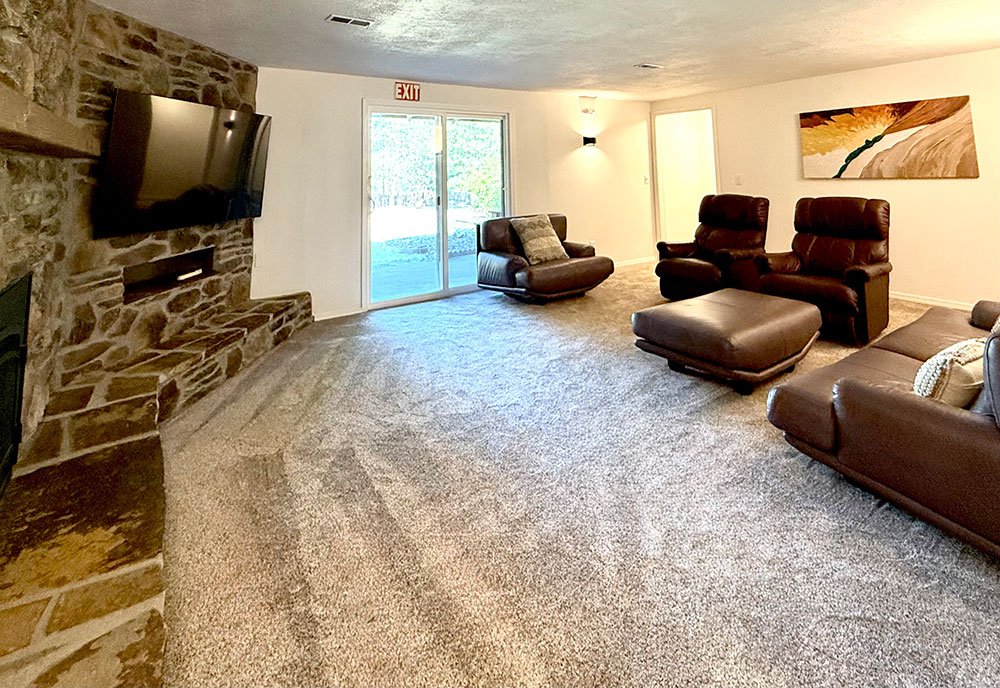
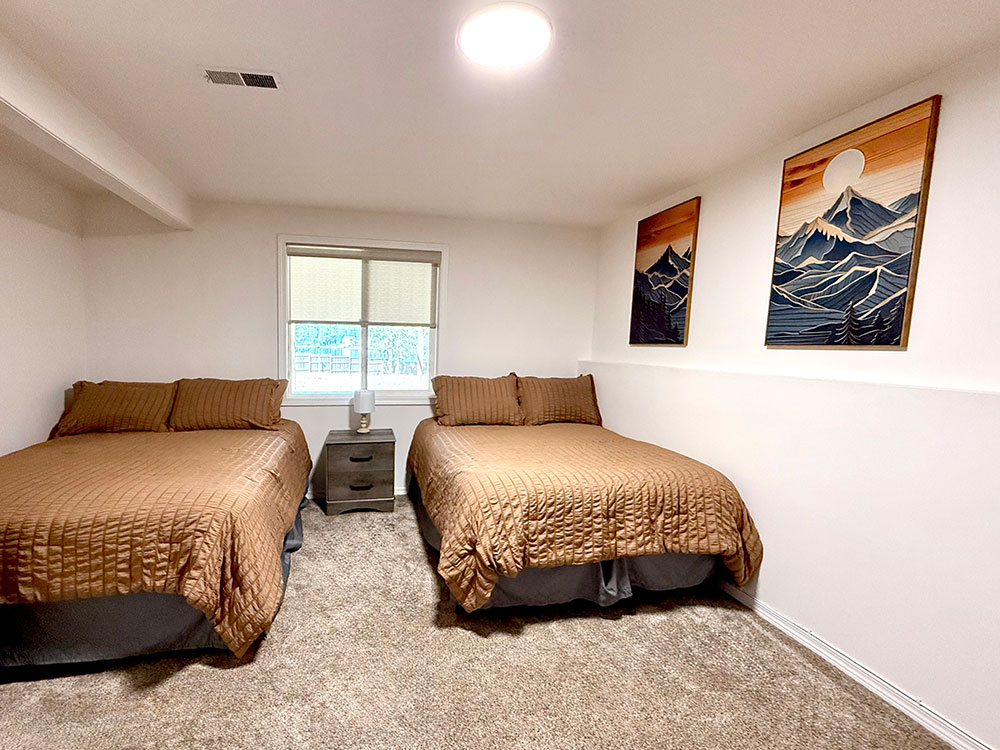
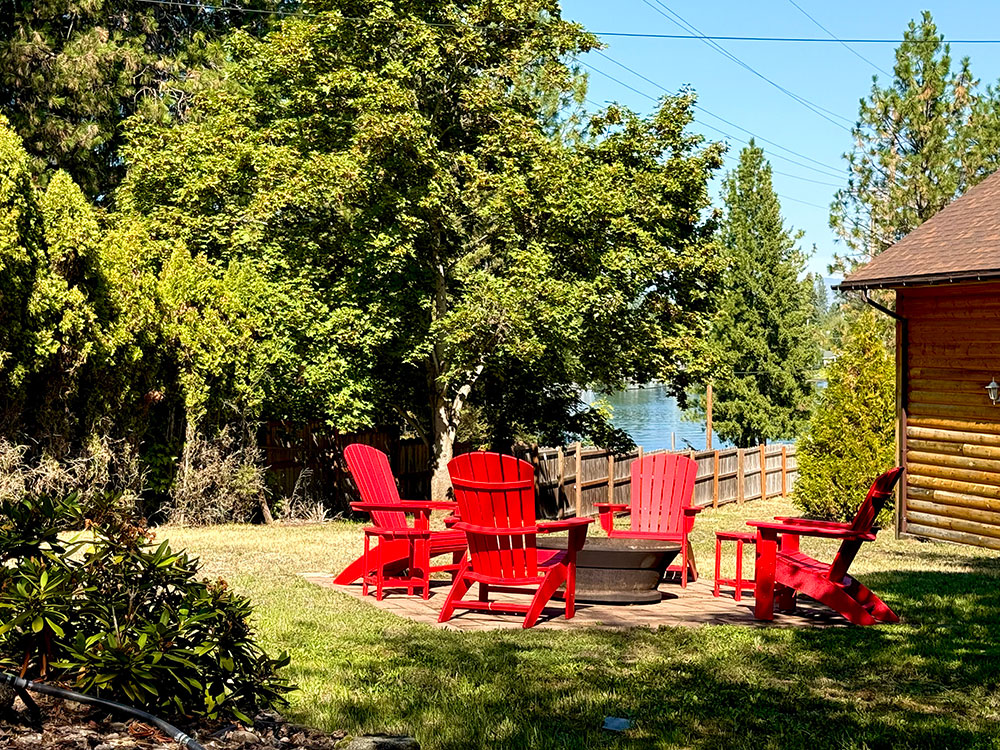
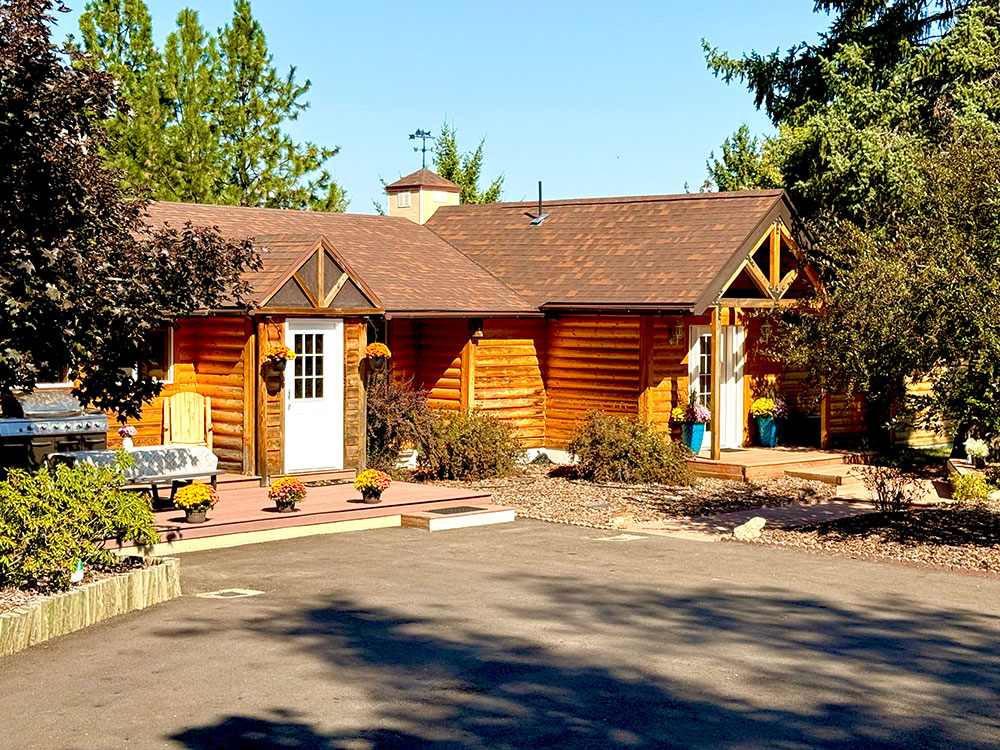
How Our Admissions Process Works

Reach Out for Support
Contact us to start the conversation about your situation, get answers to your questions, and learn more about our programs and treatment options.

Verify Insurance & Explore Financial Options
We will guide you through the insurance verification process and discuss payment options to ensure you understand your coverage and financial responsibilities.

Share Your Story
Open up about your experiences, challenges, and goals so we can understand your needs.

Complete a Pre-Screening Assessment
Undergo an evaluation to determine the most suitable treatment approach for you.

Plan Your Transition to Treatment
Work with our team to arrange travel and logistics for your admission.

Begin Your Journey to Recovery
Arrive at the facility and take the first step toward healing in a safe and supportive environment. Your personalized treatment plan will be developed as part of your program to ensure the best care for your unique needs.
Treatment Covered By Insurances
Accessibility matters to us. For that reason, we are in-network with major insurance providers and are committed to extending high-quality mental health care to as many people as possible. Unfortunately, we cannot currently accept medical or Medicare coverage.
We are available 24 hours a day, 7 days a week, 365 days a year
If you have any questions about our unique approach to adult residential mental health treatment or would like to inquire about our other Idaho mental health facilities for teens and young adults, please contact us today.


















